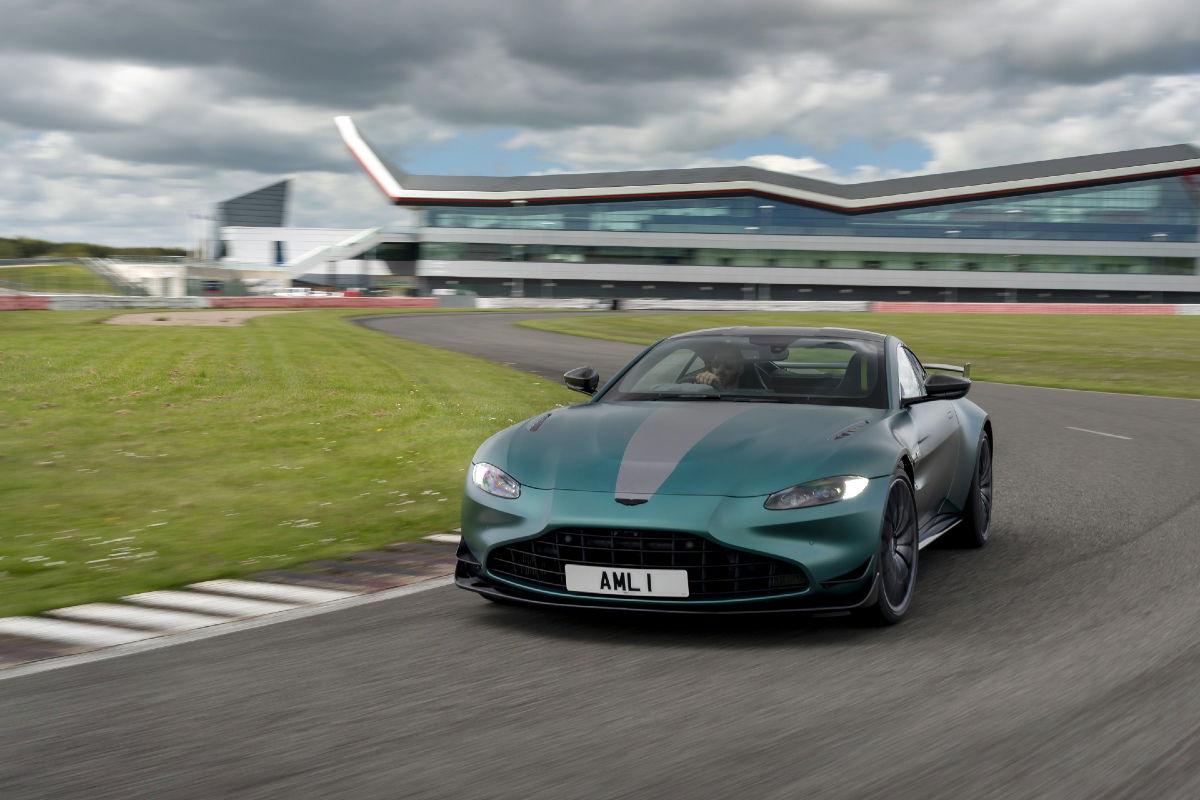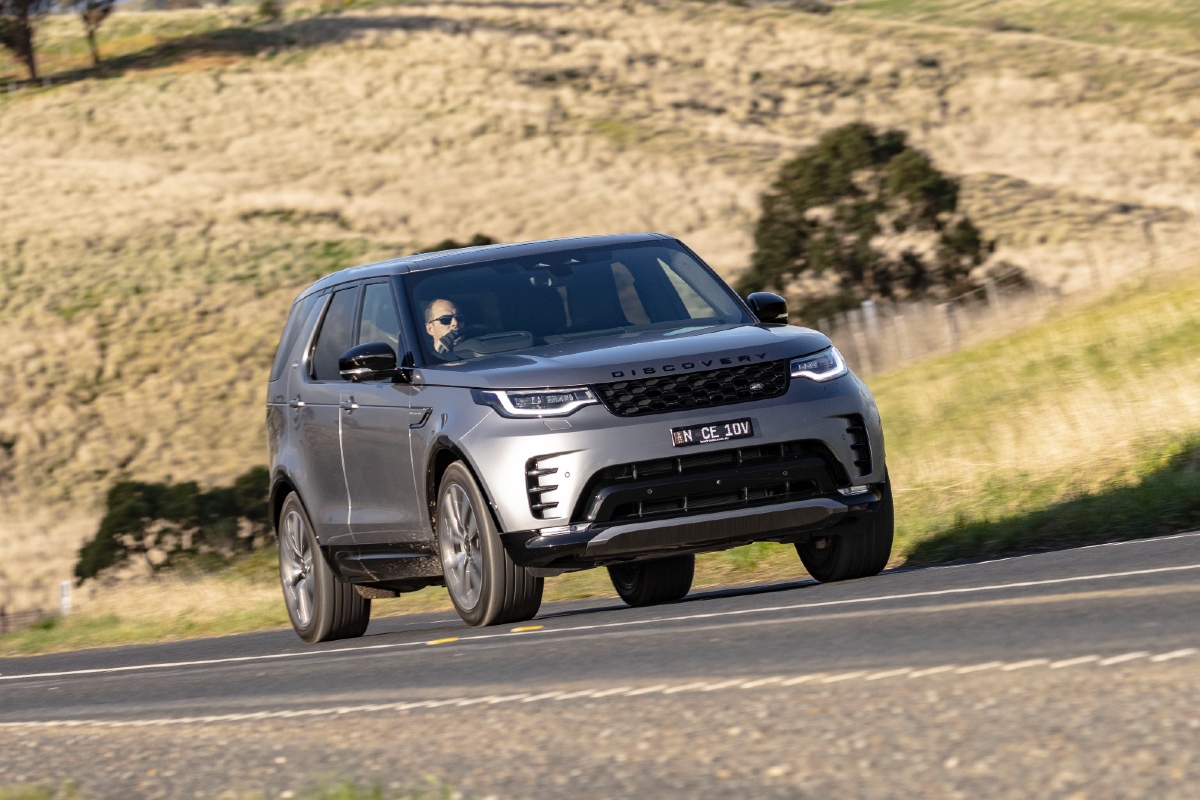
The British Government’s plans to ban internal combustion by 2030 is reportedly facing change as it looks to secure its local manufacturing industry. Any extension for petrol and diesel could, in turn, have a major impact on what we drive here in Australia.
British prime minister Rishi Sunak has told the media that he’s reconsidering climate change policies that will impact the cost of living.
READ MORE: European Union to ban petrol and diesel powered cars
“I’m standing up for the British people because I’m also cognisant that we’re living through a time where inflation is high,” Sunak was quoted as saying. “That’s having an impact on household and families’ bills. I don’t want to add that. I want to make it easier.”
Under the current plan, petrol and diesel powered cars would be banned from sale by the end of the decade as part of a push towards net zero emissions. This would be five years ahead of the European Union’s similar plan.
However, the UK car industry includes both high-volume manufacturers such as Jaguar Land Rover – which have committed to an all-electric future – as well as smaller brands, such as Aston Martin and McLaren, which will be need to adapt quickly to these changing conditions.
The low-volume sports car brands would struggle to meet the demand of dropping all internal combustion engines by the end of the decade, which has led to a proposal to exempt them; which is similar to what the EU has planned.
While the EU has so far showed no similar plans to back track, the news could have an impact locally. As one of the world’s biggest right-hand drive markets, what’s available in the UK directly affects what’s available to Australian new car buyers.
So even though the Australian government has showed some sign of increased support for EVs, it has stopped well-short of putting any specific end date on petrol and diesel powered vehicles.











Discussion about this post